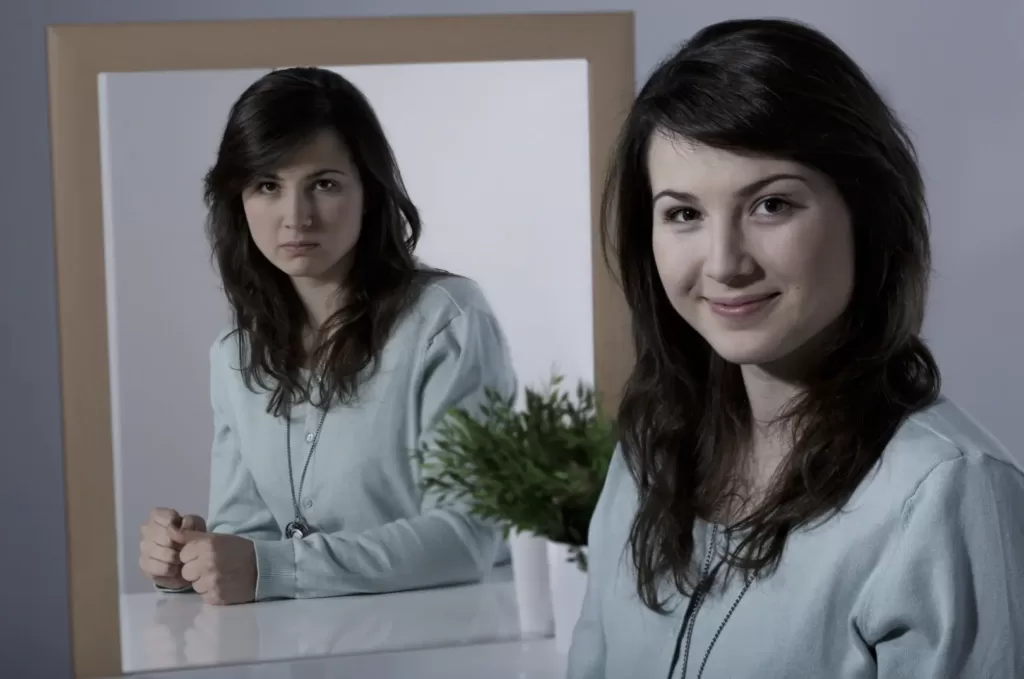Updated on August 24, 2025

Mental health is firmly at the forefront in Australia today. According to ABS, More than one in every five Australians (21.5%, or about 4.3 million people aged 16–85) experienced a diagnosed mental disorder over 12 months between 2020 and 2022.
For young adults aged 16 to 24, the situation is even more concerning: nearly four in ten reported a mental health disorder during that period. On top of this, a recent report from the National Mental Health Commission revealed that one in five Australians delayed or skipped mental healthcare due to cost pressures. These figures highlight a growing demand for psychological support and underscore the ongoing challenges of cost barriers to access.
Average Cost of Therapy in Australia
Therapy costs across Australia vary depending on the provider’s qualifications, the type of service, and location. For example, the Australian Psychological Society (APS) ‘s National Schedule of Suggested Fees for 2025–2026 recommends a standard 46–60-minute session fee of around $318.
Typical Cost Across Providers (Before Rebates)
According to TherapyRoute (June 2025):
- Psychiatrists: $400–$690 (initial consult), $300–$518 (follow-up)
- Clinical psychologists: $220–$322
- Registered psychologists: $180–$253
- Social workers / Occupational therapists: AU $150–$230
- Counsellors: $120–$207 (often not eligible for Medicare rebates)
Location-Based Cost Variations
TherapyRoute lists the following prices for major cities:
- Sydney (Eastern Suburbs/North Shore): $200–$322
- Melbourne (inner): $190–$299
- Brisbane CBD & Perth Metro: AU $180–$276
- Canberra: AU $180–$287.50
- Regional Centres: Newcastle, Gold Coast, Adelaide, Hobart: AU $150–$253
- Rural/Remote: $130–$230, with telehealth being more common and priced around $130–$253,
In Sydney, HelpLink reports:
- Clinical psychologists charge $200–$360, averaging $252 per session.
- General psychologists average around $217, ranging up to $300.
Factors That Influence Therapy Costs
1. Therapist’s Qualifications and Experience
- As medical doctors, psychiatrists charge the most, ranging from $400–$690 for an initial consultation and $300–$518 for follow-ups.
- Clinical psychologists with advanced postgraduate training typically charge AU $220–$322.
- Registered psychologists: $180–$253.
- Counsellors and social workers: $120–$230, often with no Medicare rebate available.
More experienced practitioners or those with specialised expertise (e.g., trauma, couples therapy) may charge higher.
2. Location
Where you live also matters.
- Sydney inner suburbs: AU $200–$322
- Melbourne inner: AU $190–$299
- Brisbane & Perth metro: AU $180–$276
- Regional cities: AU $150–$253
- Rural/remote areas: AU $130–$230, often with fewer options, making telehealth more common.
3. Type of Therapy
Specialised therapies like Cognitive Behavioural Therapy (CBT), family counselling, or trauma-focused approaches can cost more than general talk therapy, due to the expertise required.
4. Session Format and Frequency
- Telehealth sessions are generally 10–15% cheaper than in-person consultations.
- Longer initial sessions (60–90 minutes) cost more than standard follow-ups (45–60 minutes).
- Regular weekly sessions add up more quickly than fortnightly or monthly schedules.
These figures highlight why therapy can feel financially out of reach for many Australians. However, several support systems exist to reduce out-of-pocket costs, most notably the Medicare rebate under the Better Access Initiative, which makes seeing a psychologist or mental health professional more affordable.
Medicare Rebates and the Better Access Initiative
One of the most important ways Australians can make therapy more affordable is through the Medicare rebate system.
A rebate is simply a partial refund of the fee you pay for a service. For example, you pay $200 for a therapy session. In that case, Medicare may “rebate” or refund you a portion of that cost, say $90, so your out-of-pocket expense is only $110. This system helps ease the financial burden of mental health care.
The Better Access Initiative, introduced in 2006, is the main Medicare-supported program that allows people to claim rebates for psychology and mental health services. Under this scheme, Australians can access up to 10 subsidised individual therapy sessions per calendar year with a registered psychologist, clinical psychologist, social worker, or occupational therapist. In addition, up to 10 group therapy sessions may be available if clinically appropriate.
You need a Mental Health Treatment Plan (MHTP) from your GP to access these rebates. The plan outlines your needs and goals for therapy and allows your GP to refer you to a mental health professional. Once in place, you can claim a rebate every time you attend a session.
As of 2024, the standard Medicare rebate for a 50-minute session with a psychologist is around:
- $93.35 for a registered psychologist
- $137.05 for a clinical psychologist (Services Australia, 2024).
If your psychologist charges $200, Medicare will refund $93.35, leaving you with an out-of-pocket cost of $106.65.
While rebates don’t cover the full cost, they make therapy significantly more accessible, especially when combined with other supports such as private health insurance or community-based services.
Out-of-Pocket Costs and the Gap Fee
Even with Medicare rebates, most people still need to pay something towards their therapy sessions. This amount is known as the out-of-pocket cost. The portion of the fee remains after Medicare has paid its share.
The difference between what your therapist charges and Medicare refunds is called the gap fee. For example:
- Your psychologist charges $200 per session.
- Medicare refunds you $93.35 (if you are a registered psychologist).
- You are left paying the gap fee of $106.65.
So, the out-of-pocket cost and the gap fee usually mean the same thing: the part of the bill you cover yourself.
The size of the gap fee depends on how much your therapist charges. Some clinics set their fees close to the Medicare rebate amount, keeping the gap small, while others may charge significantly more. Factors that influence this include the therapist’s qualifications, location, and level of demand. For instance, psychologists in major cities often charge higher fees than those in regional areas.
A few practitioners choose to bulk bill, which means they accept the Medicare rebate as full payment. In these cases, you pay nothing out of pocket. However, bulk billing for psychology is becoming less common due to rising provider costs.
Speak with your psychologist before your sessions to avoid surprises.
Private Health Insurance Coverage
Private health insurance can sometimes help with psychological costs, but it works differently from Medicare. If you have extras cover, your policy may include psychology or counselling benefits. This usually means your insurer will cover part of the session fee, up to a yearly limit.
For example, your plan might refund $40–$60 per session, but only for a certain number of visits yearly. The exact amount depends on your insurer and the level of cover you’ve chosen.
One important thing to note: you generally cannot claim both Medicare and private health insurance for the same session. You’ll need to choose which rebate to use. Most people use Medicare first, as it usually offers a higher benefit, and then use private health insurance if they continue therapy after their Medicare sessions run out.
It’s always worth checking your health fund’s policy details to determine what support you can access.
Additional Support Options
If you do not qualify for Medicare rebates or private health insurance, there are still other ways to access therapy in Australia, including:
- Community health centres and NGOs often provide low-cost or free counselling, especially for vulnerable groups such as young people, refugees, or those experiencing financial hardship.
- Universities with psychology training programs may offer discounted sessions with supervised students, making therapy more affordable.
- Employee Assistance Programs (EAPs) give workers access to short-term counselling sessions (often free), funded by their employer.
- Online therapy platforms can sometimes be more cost-effective than traditional in-person therapy, with session packages available.
These options can help reduce financial pressure, ensuring people don’t miss out on mental health care due to cost. While they may not always replace ongoing therapy, they can provide timely and valuable support.
Conclusion
The cost of a therapy session in Australia varies widely, from around $100 to $260 per session, depending on the practitioner and location. While therapy can feel expensive, financial supports exist to make it more accessible. Seeking help for your mental health is an investment in your wellbeing, and knowing your options means you can find care that fits your needs and budget.
RELATED ARTICLES



